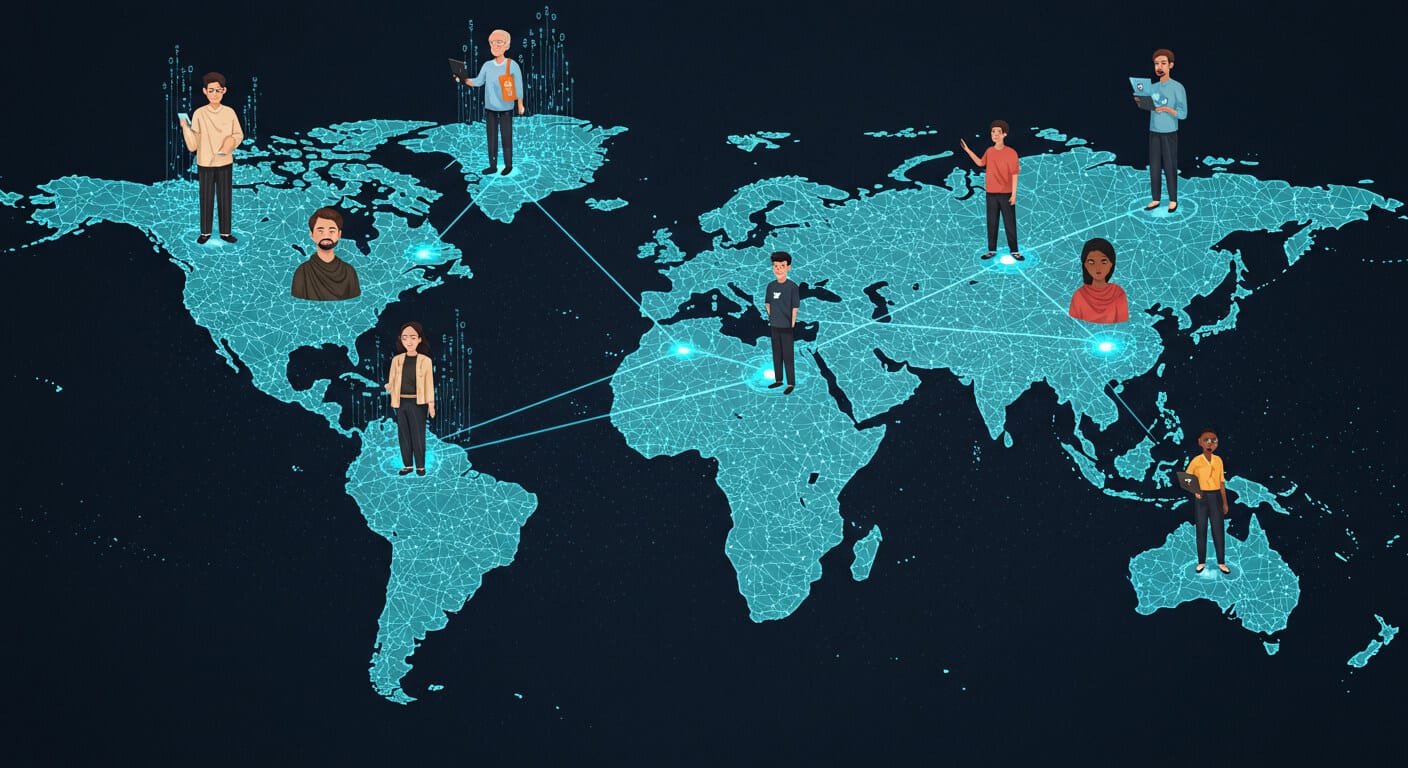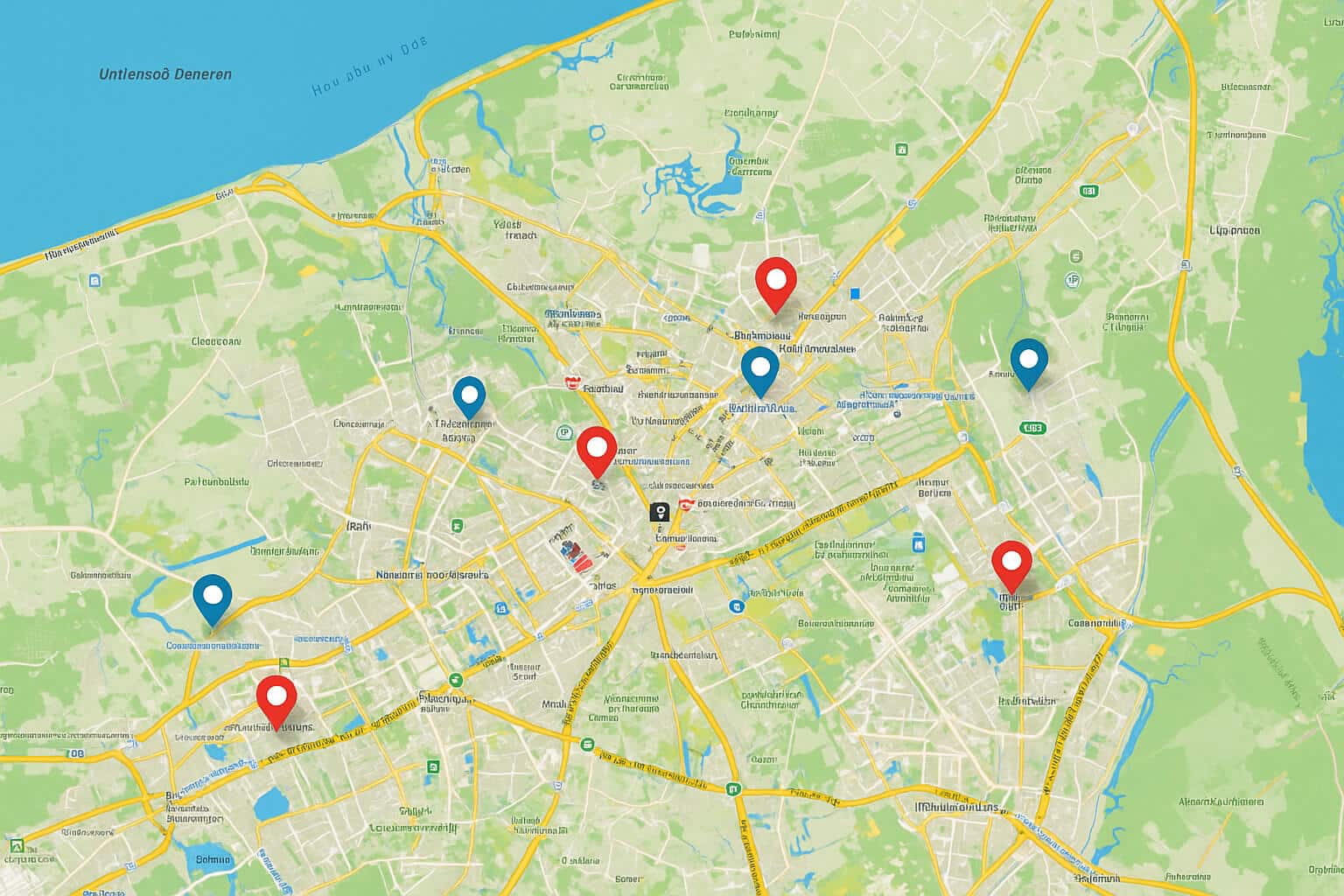
Data Exploitation: How Big Tech’s Data Goldmine Threatens Privacy and How DePIN Can Protect Your Data
We are living in a world where your every click, like, and online purchase fuels a multi-billion-dollar industry. In 2023 alone, the global market for big data analytics was valued at $307.51 billion, a testament to the immense value of personal information. However, this wealth is largely accumulated by big tech companies, often without fair compensation or explicit consent from users. This exploitation of user data has led to increasing concerns over privacy and control. Decentralized Physical Infrastructure Networks (DePIN) offer a revolutionary approach to safeguarding user data, providing a viable alternative to the exploitative models of Big Tech.
Big Tech’s Data Exploitation Tactics
The Data Collection Mechanism
Big tech companies employ various methods to collect user data. Cookies track online activities, app permissions grant access to personal information, and social media interactions provide a wealth of data points. Every action you take online is meticulously recorded, analyzed, and stored.
The Business Model
The primary motivation behind this extensive data collection is monetization. Big Tech companies leverage user data to drive targeted advertising, which forms a substantial portion of their revenue. By creating detailed user profiles, these companies can deliver highly personalized ads, increasing the likelihood of user engagement and, consequently, ad revenue. Furthermore, user data is often sold to third-party advertisers, data brokers, and other entities, perpetuating the cycle of data exploitation.
Lack of Consent and Control
Many users are unaware of the extent to which their data is collected and shared. Terms of service are often lengthy and complex, obscuring the true nature of data usage. As a result, user data is frequently shared without explicit permission, raising significant ethical concerns.
The Privacy Crisis
Privacy Invasion
The invasive data collection practices of Big Tech companies constitute a significant breach of user privacy. Users are often unaware of the extent to which their data is being collected and used. This lack of transparency erodes trust and undermines the fundamental right to privacy.
Surveillance Capitalism
Surveillance capitalism, a term coined by Shoshana Zuboff, describes the business model where companies profit from tracking and analyzing user behavior. This practice undermines privacy and transforms personal experiences into commodities.
Discrimination and Bias
The misuse of data can perpetuate discrimination and bias. Algorithms trained on biased data can reinforce stereotypes and unfairly target certain groups, exacerbating social inequalities.

DePIN: A Revolutionary Approach
Decentralized Physical Infrastructure Networks (DePIN) represent a transformative approach to data ownership and privacy. DePINs empower individuals to control their data, ensuring that they decide how and when it is shared.
How DePIN Works
At its core, DePIN operates on principles of data ownership and decentralization. Users maintain control over their personal information, which is stored in secure, decentralized networks. This model prevents unauthorized access and ensures that data usage is transparent and consensual.
Benefits of DePIN
DePIN offers numerous advantages. It empowers individuals, giving them autonomy over their data. It fosters innovation by creating a more equitable digital landscape. Most importantly, it challenges the dominance of big tech companies, promoting a fairer distribution of wealth.
Real-World Examples
Several initiatives showcase the potential of DePIN. For instance, the Arkreen Network enables decentralized energy management, giving users control over their energy data. Projects like these demonstrate the viability and benefits of DePIN in various sectors.
Another real-world example is MapMetrics, a pioneering navigation app, that has recently migrated to the Peaq network from Solana, exemplifying the potential of DePIN in practical applications. By leveraging the decentralized infrastructure of the peaq network, MapMetrics offers enhanced privacy and security to its users. The migration highlights the viability of DePIN as a robust solution for protecting user data in real-world scenarios.
Challenges and Opportunities
Overcoming Obstacles
While DePIN presents a compelling solution, it faces challenges such as technical complexities, user adoption, and regulatory hurdles. Addressing these obstacles requires collaboration between technologists, policymakers, and the public.
The Future of Data Ownership
DePIN has the potential to reshape the digital landscape, establishing a new era of data ownership. As awareness grows, more individuals will demand control over their personal information, driving the adoption of DePIN.
To realize this vision, it’s crucial to support the development of DePIN. Educate yourself about decentralized technologies, advocate for data privacy, and participate in DePIN initiatives. Together, we can create a future where individuals own and control data.
Conclusion
Big tech companies’ exploitation of user data highlights the urgent need for change. DePIN offers a promising solution, empowering individuals and fostering a more equitable digital landscape. By taking control of our data, we can protect our privacy and create a future where technology serves us all.
The time to act is now. Embrace DePIN and be part of the movement towards a fairer, more transparent digital world.


